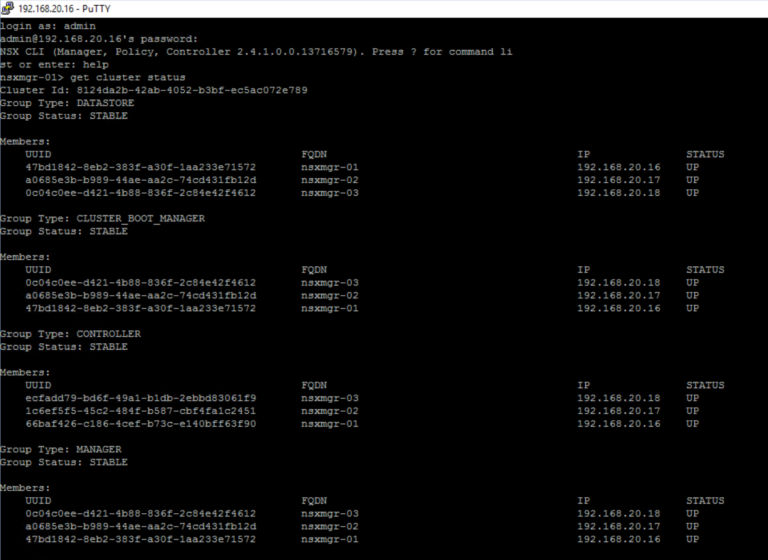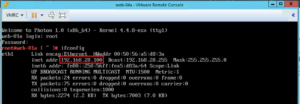Once installed, you can launch raspi-config by running:If you’re starting from scratch, you can download and install an official Ubuntu image onto your SD card using the Raspberry Pi Imager.
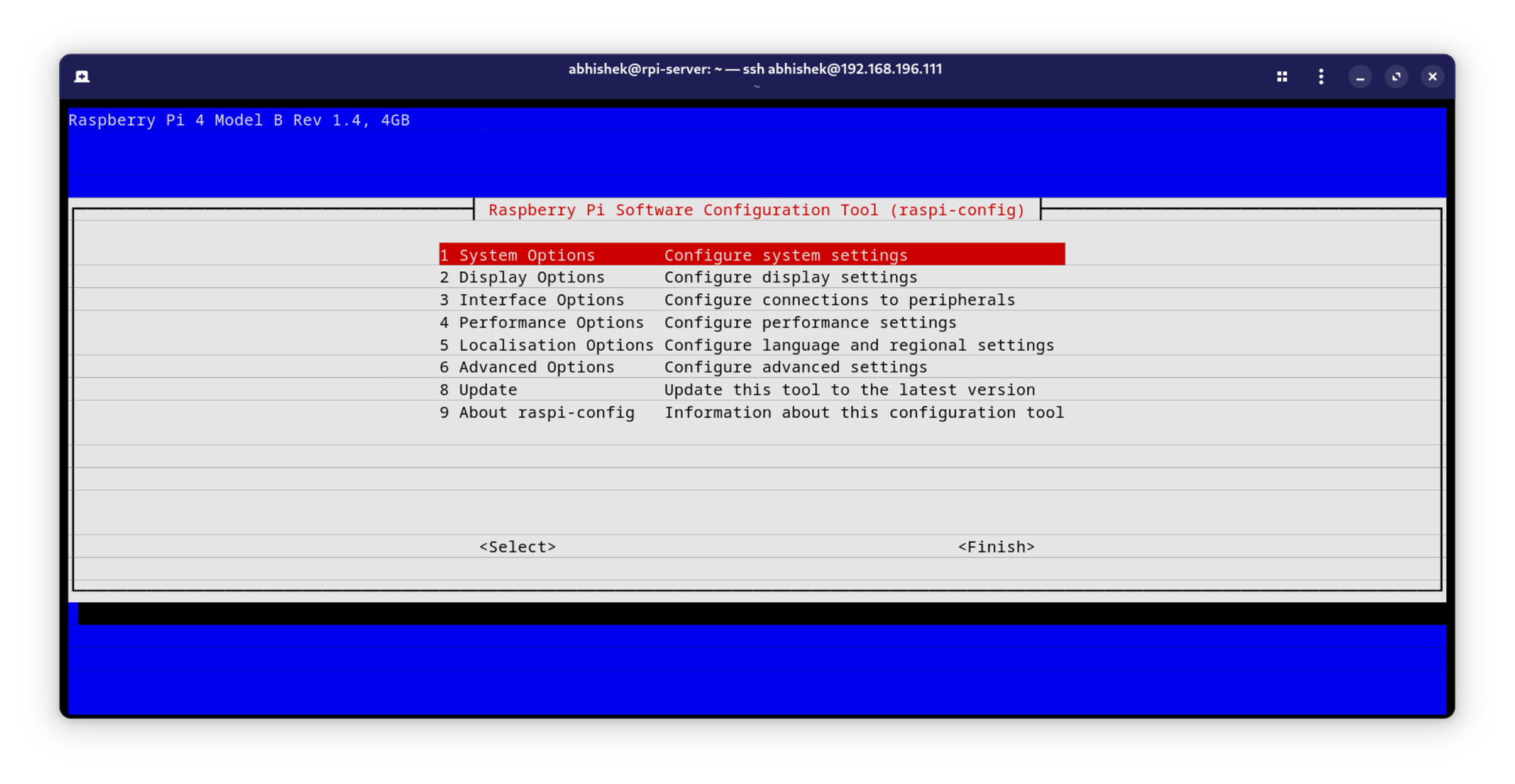
Now that raspi-config is set up, I can make adjustments with the same ease as I did on Raspberry Pi OS, and it feels like home 🥳sudo raspi-config
This allows us to access and install raspi-config and other related packages.
Step 1: Prepare your Ubuntu installation:
Having raspi-config on Ubuntu brings back the ease of managing Raspberry Pi settings without needing to navigate through configuration files manually. For someone who’s comfortable in the Pi ecosystem, this is a familiar and efficient way to get the best of both worlds, Ubuntu’s flexibility with the convenience of Raspberry Pi’s configuration tools. sudo apt update
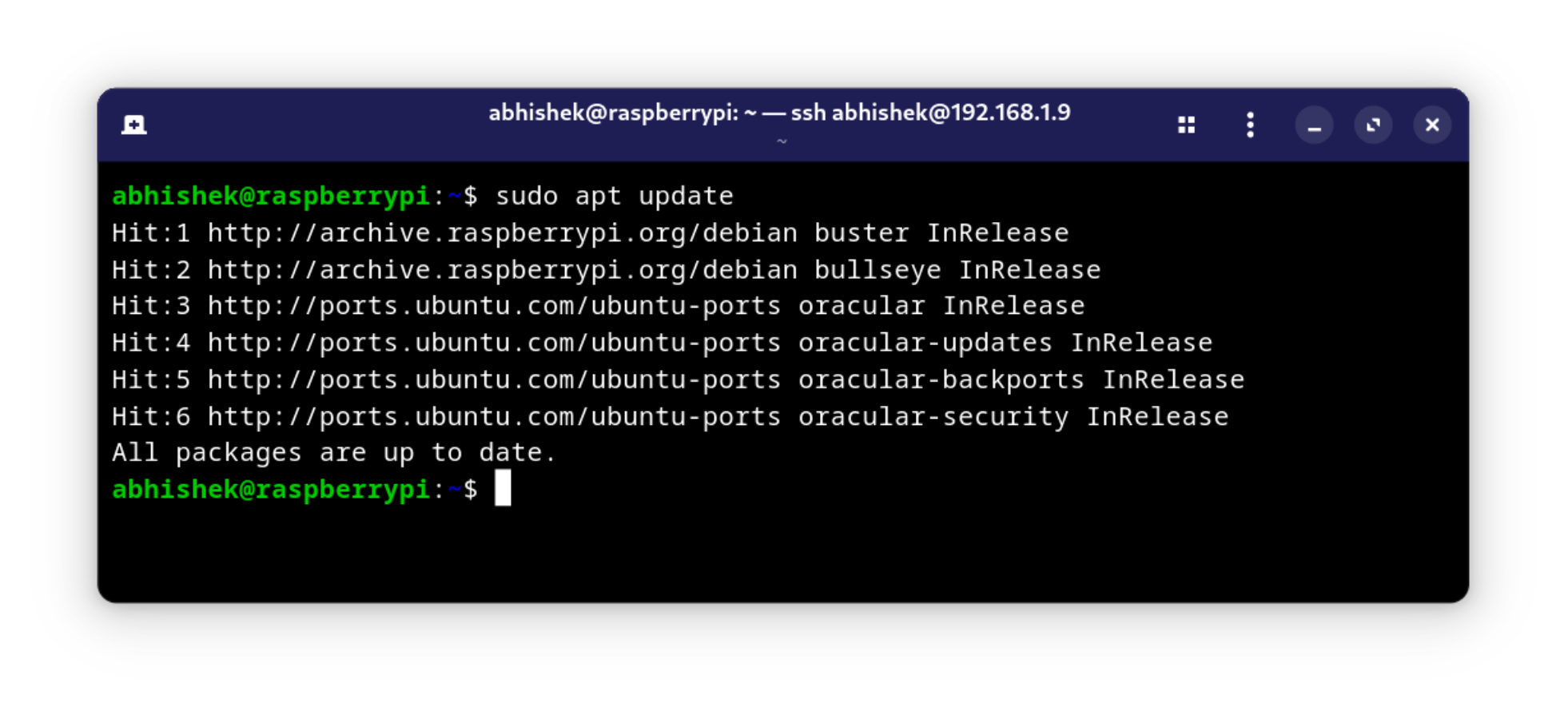
Let’s see how to install raspi-config on Ubuntu and use it.If you are a Raspberry Pi enthusiast like me, you’ve probably enjoyed the convenience of tools designed specifically for Pi devices. One such tool is raspi-config, a configuration utility that comes pre-installed with the Raspberry Pi OS. It is a handy interface to configure core settings like hostname, locale, device updates, resolution, and even enabling or disabling SSH and VNC, all with just a few keystrokes. With the repository added and the key imported, you’re ready to install raspi-config. First, update your package lists to include the new repository:sudo apt install raspi-config
Make sure you’re running a compatible version of Ubuntu on your Raspberry Pi. echo "deb http://archive.raspberrypi.org/debian/ bullseye main" | sudo tee /etc/apt/sources.list.d/raspi-bullseye.list
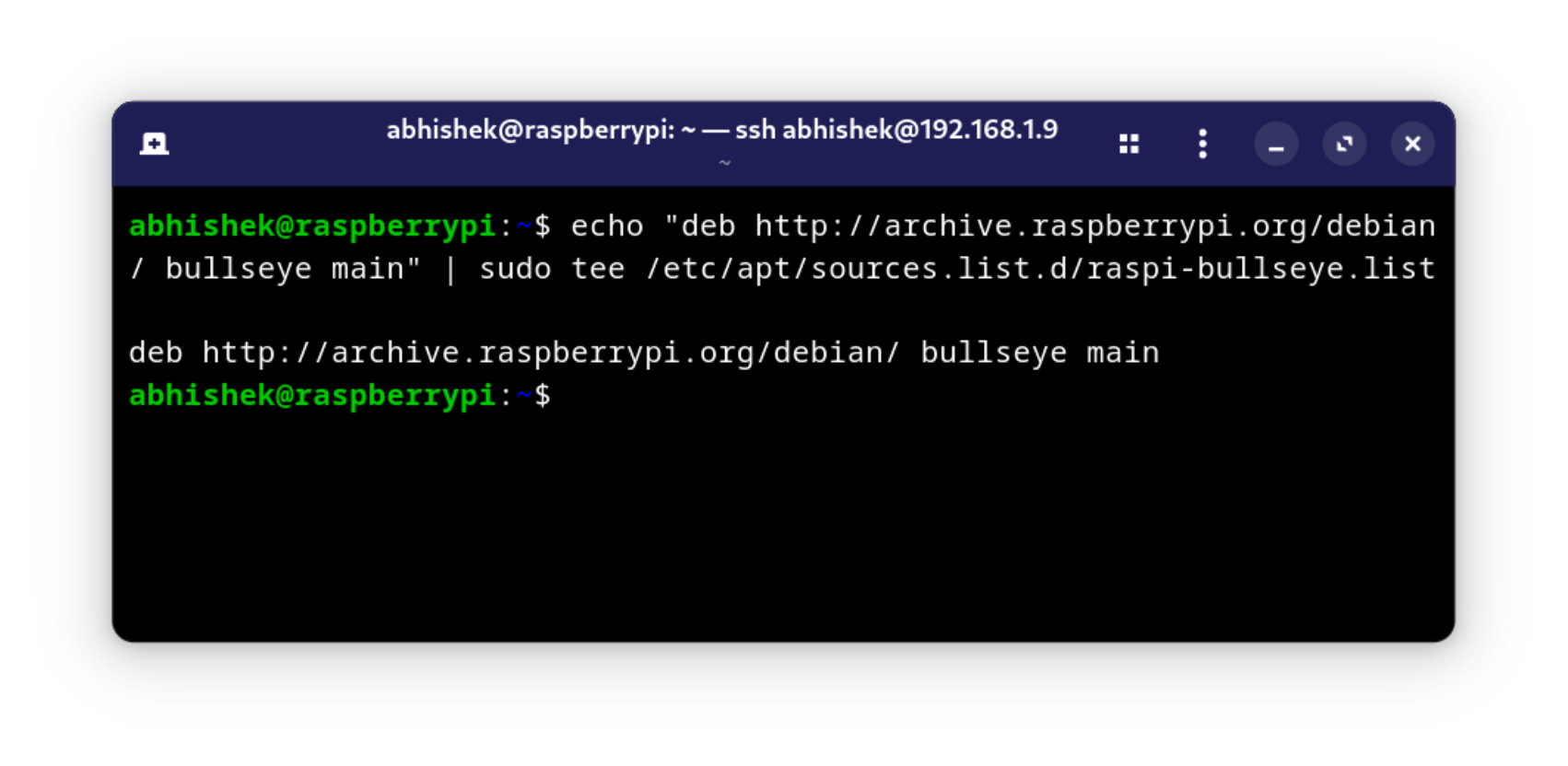
Since raspi-config is not directly available in the default Ubuntu repositories, we need to add the official Raspberry Pi repository. Having raspi-config on Ubuntu brings these conveniences to your Pi’s Ubuntu environment, letting you manage it similarly to the Raspberry Pi OS. wget -qO - https://archive.raspberrypi.org/debian/raspberrypi.gpg.key | sudo tee /etc/apt/trusted.gpg.d/raspberrypi.asc
echo "deb http://archive.raspberrypi.org/debian/ buster main" | sudo tee -a /etc/apt/sources.list
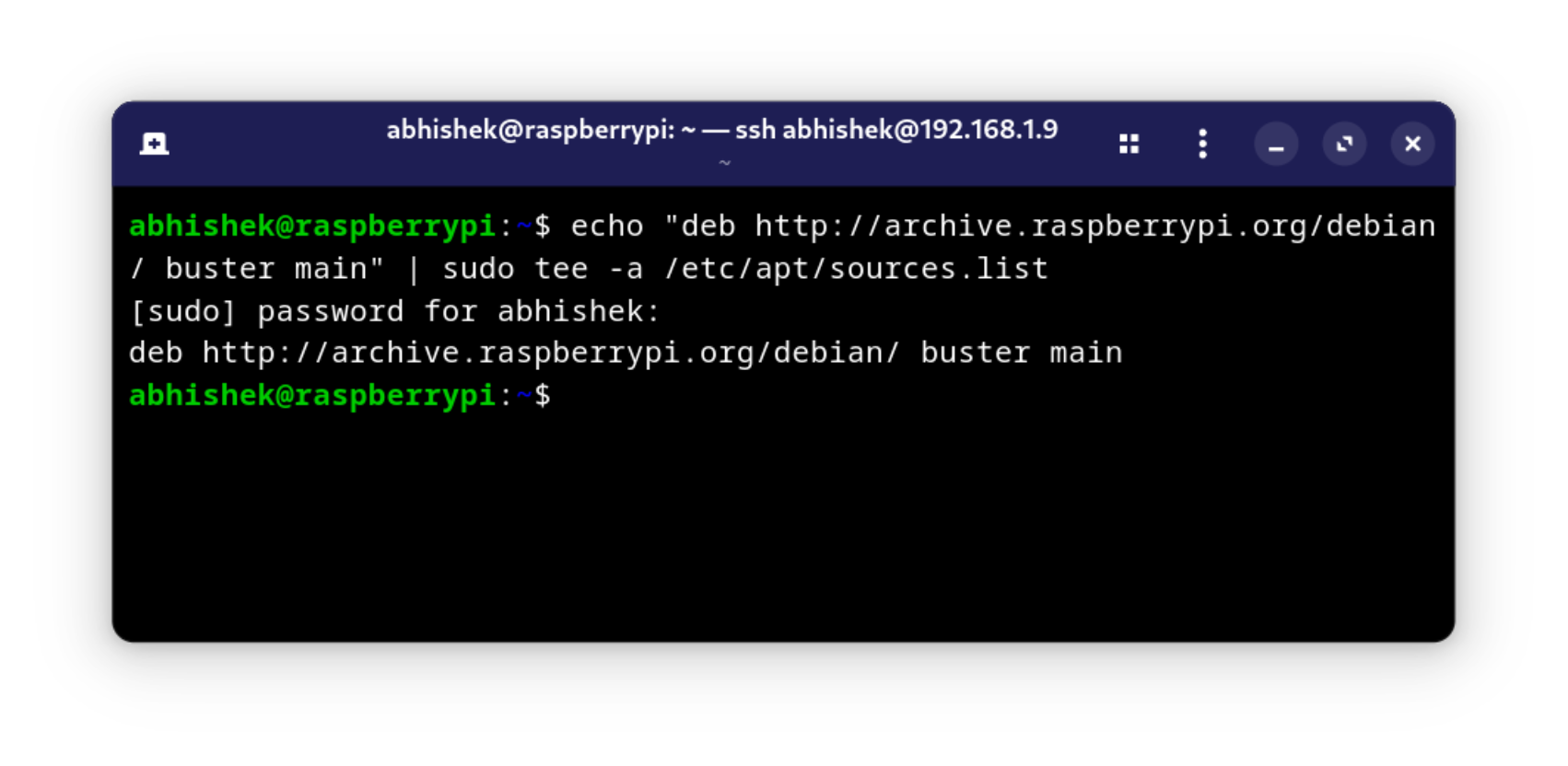
Open a terminal and enter the following command, this is for the Buster release:
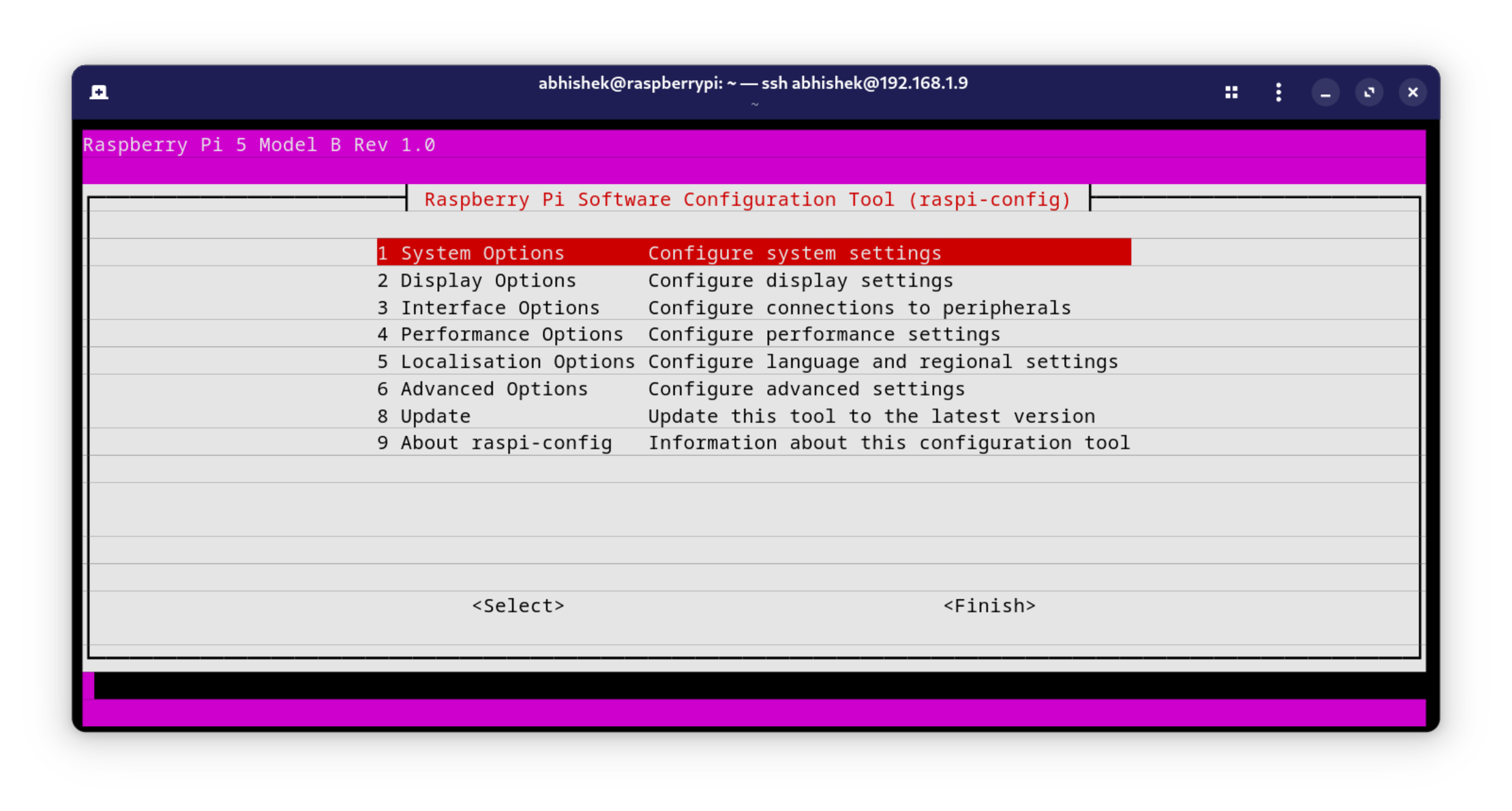
Final Thoughts
However, when I switched to Ubuntu on my Raspberry Pi, I missed this little tool. You can refer to our article on installing Ubuntu server on Raspberry Pi for help.Although Ubuntu provides powerful configuration tools of its own, raspi-config simplifies some of the most common Pi-specific tasks and has a user-friendly interface.To authenticate the packages from the Raspberry Pi repository, you need to import its GPG key. Run:📋

